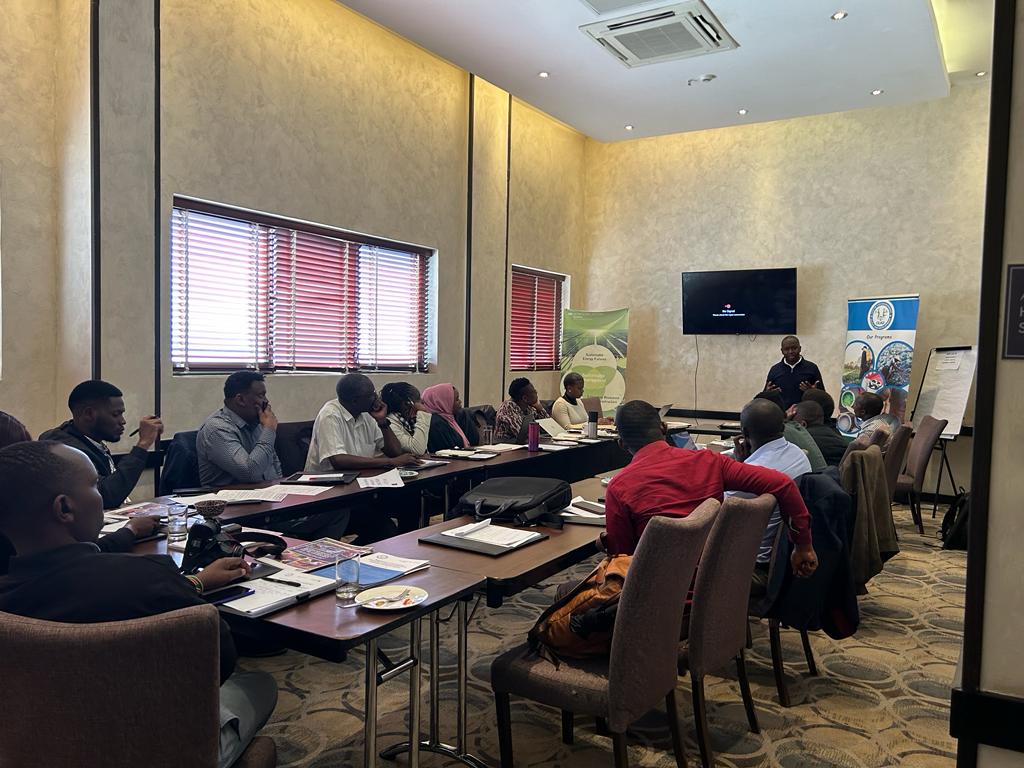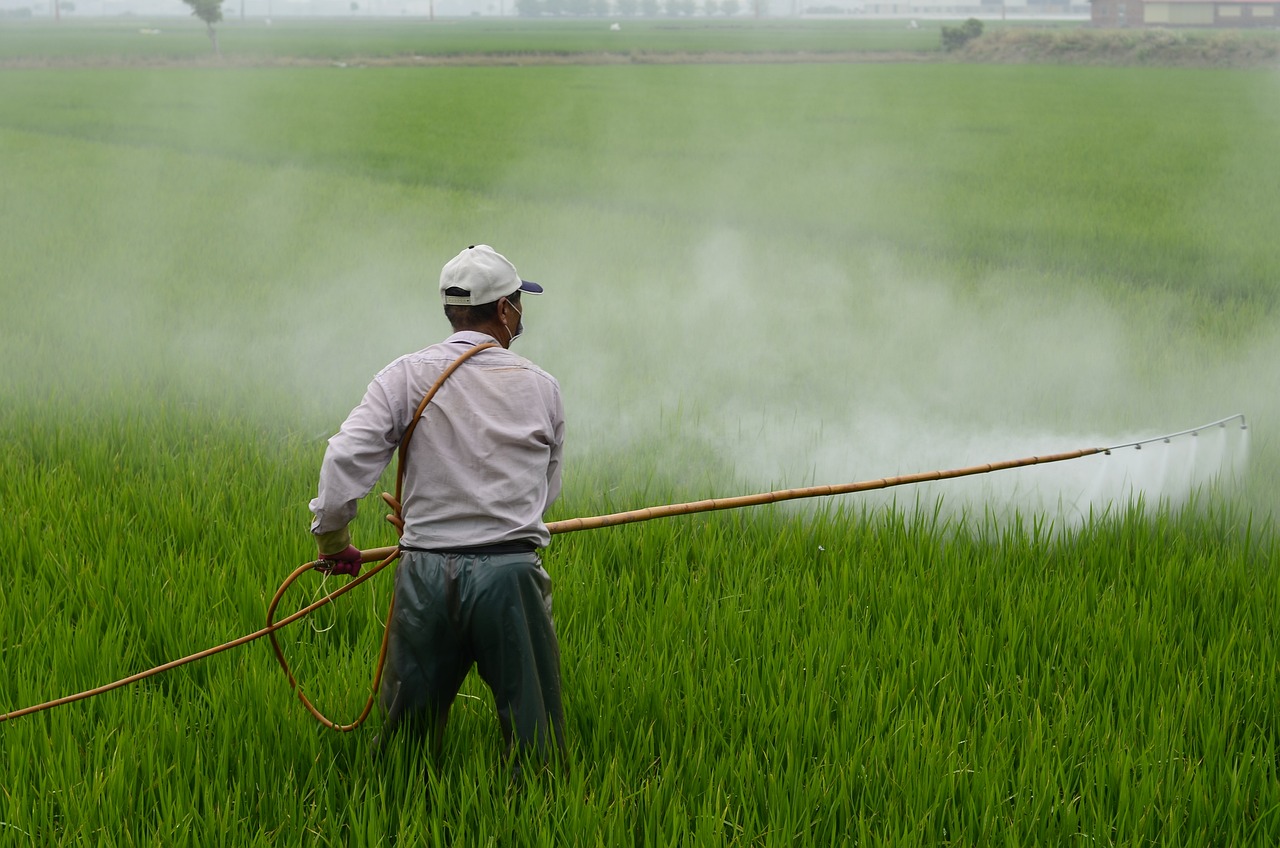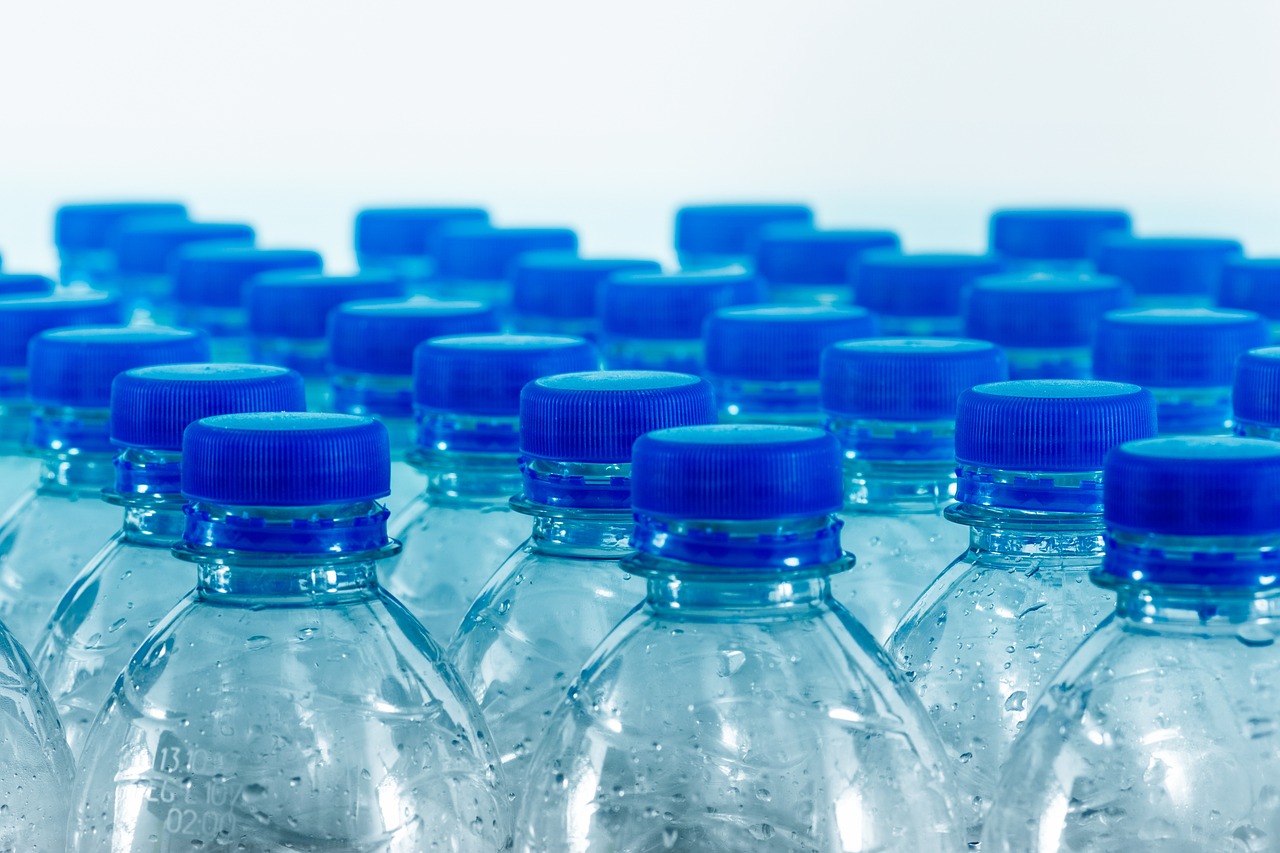CEJAD Kenya held a successful sensitization meeting with the media on the goal to end plastic pollution, with a focus on the comprehensive approach that addresses the full life cycle of plastic. During this meeting CEJAD highlighted the lack of transparency from industries regarding the specific chemical ingredients used in plastic production and the need for the consumers to know the adverse effects of plastic on human health. CEJAD also, used this meeting to share information with the media on findings from a case study conducted in various areas of Nairobi indicating the high levels POPs.
Articles | news
Reporting the adverse effects of plastic on human health
CEJAD Kenya held a successful sensitization meeting with the media on the goal to end plastic pollution, with a focus on the comprehensive approach that addresses the full life cycle of plastic.

More programs

Under this program, CEJAD aims to eliminate the risk posed by exposure to lead in paints to women and children, and improve the regulatory frameworks to phase out lead in paint at national, regional and international level.

Our work under this program aims to promote the phase out of Highly Hazardous Pesticides (HHPs) from use, especially in agriculture to protect human health and the environment. The use of HHPs is threatening the lives of vulnerable populations, food systems, biodiversity and the environment at large.

Our work under the Mercury Program aims to protect human health and the environment from anthropogenic emissions and releases of mercury and mercury compounds in line with the Minamata Convention on Mercury, a legally binding global treaty adopted in 2013. Kenya is a party to the Minamata Convention.

The Montreal Protocol, adopted in 1987, protects the ozone layer by regulating ozone-depleting substances (ODS), such as chlorofluorocarbons (CFCs) and hydrochlorofluorocarbons (HCFCs). It mandates the phase-out of CFC and HCFC production and consumption with specific timeframes for different Parties, based on their status as a developed or developing country.

Our work under this program aims to reduce the health and environmental impacts associated with waste and plastics throughout their life cycle. Over the years, plastic and plastic products have emerged as problematic and hazardous to human health and the environment.

